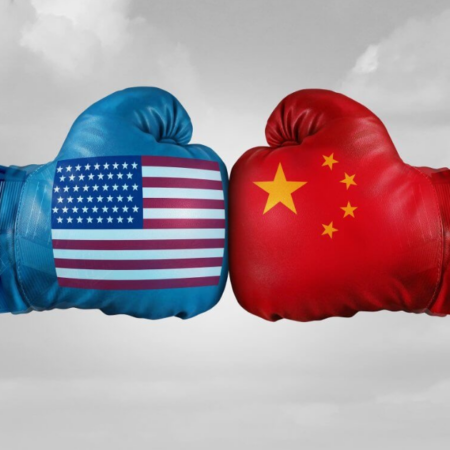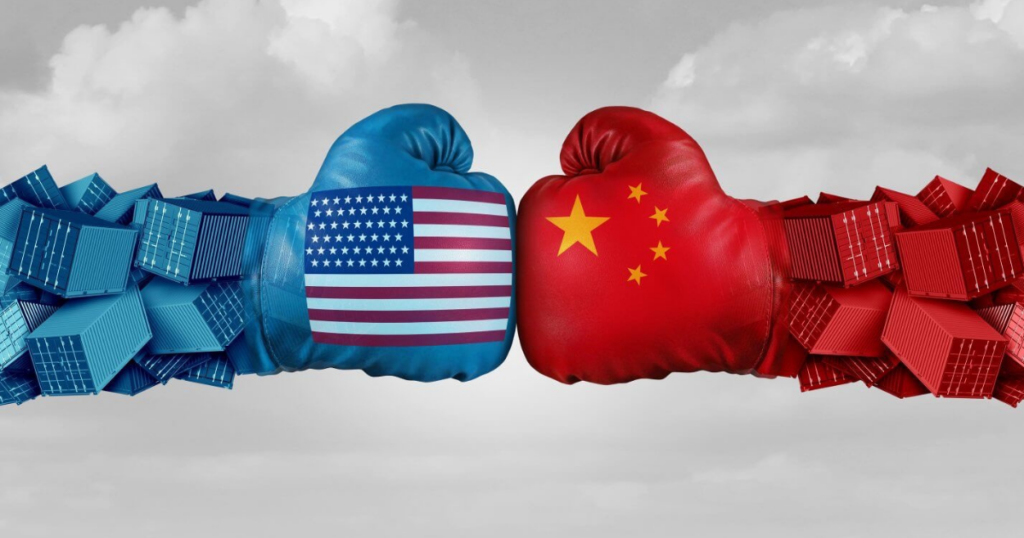USTR Revises Section 301 Tariffs: What This Means for International Trade and Logistics


The U.S. Trade Representative (USTR) has announced new revisions to Section 301 tariffs, marking a public shift in trade policy with China. These changes, rolling out over the next few years, will majorly impact various industries, especially those involved in international trade and logistics.
Understanding Section 301 Tariffs
Initially, Section 301 tariffs were implemented to address issues with China’s trade practices, particularly around technology transfer and intellectual property rights. The latest revisions by the USTR aim to better counter these ongoing challenges and align with current geopolitical realities.
Key Changes and Their Impact
Tariff hikes will affect several critical products:
- Electric Vehicles: Tariffs will soar to 100% in 2024.
- Semiconductors: Tariffs will increase to 50% in 2025.
- Renewable Energy Components: Including solar cells, with tariffs rising to 50% in 2024.
- Medical Supplies: Tariffs on items like facemasks and syringes will increase to 25% and 50%, respectively.
Impact on Global Supply Chains
These adjustments are expected to disrupt global supply chains, affecting manufacturers, suppliers, and logistics providers. Companies heavily reliant on imports from China may experience increased costs and logistical challenges, highlighting the need for strategic supply chain management and strategic planning.
Navigating Regulatory Compliance
With the evolving tariff landscape, businesses should stay informed about new regulations and compliance requirements. Proactive planning and strategic insights are essential to ensure compliance and optimize supply chain operations.
Opportunities for Stakeholder Engagement
The USTR’s announcement also presents opportunities for stakeholders to engage in the regulatory process. Public comments on the proposed tariff changes and exclusion processes will be crucial in shaping future trade policies, allowing businesses to advocate for their interests.
How Bestway International Can Help
At Bestway International, we understand the importance of staying ahead of regulatory changes and minimizing their impact on your business. Our team offers specialized services to help you navigate these tariff adjustments quickly. From understanding how the regulations impact your cargo to providing strategic advice on compliance and supply chain optimization, we are dedicated to supporting your business.
The USTR’s revisions to Section 301 tariffs represent a concerning development in international trade with far-reaching implications. As businesses adjust to the new tariff landscape, proactive engagement, strategic planning, and agile supply chain management will be crucial. Bestway International is here to support you every step of the way.
For more information on how we can assist you in navigating these regulatory changes, please contact us today.
